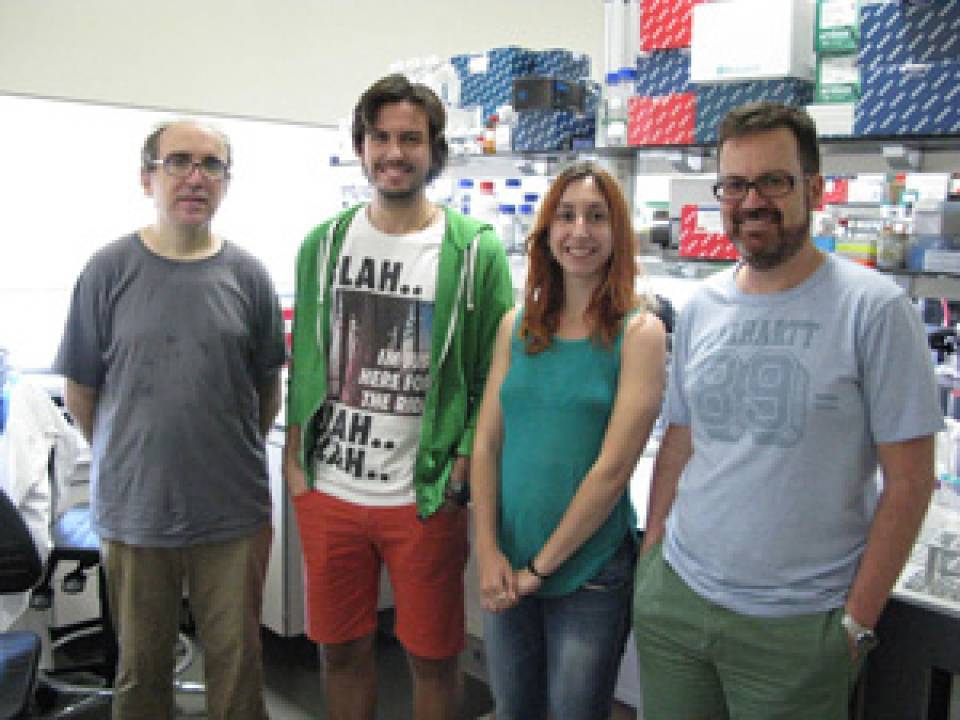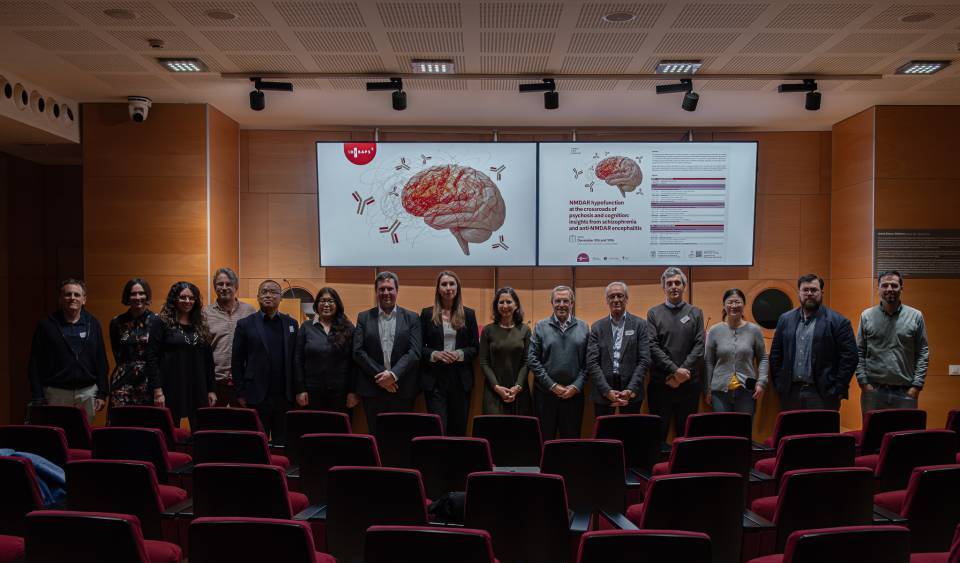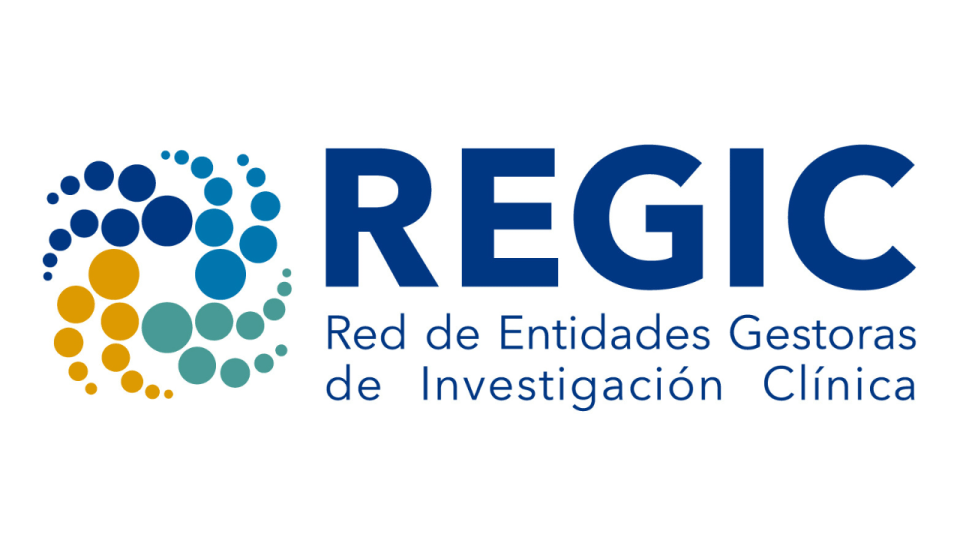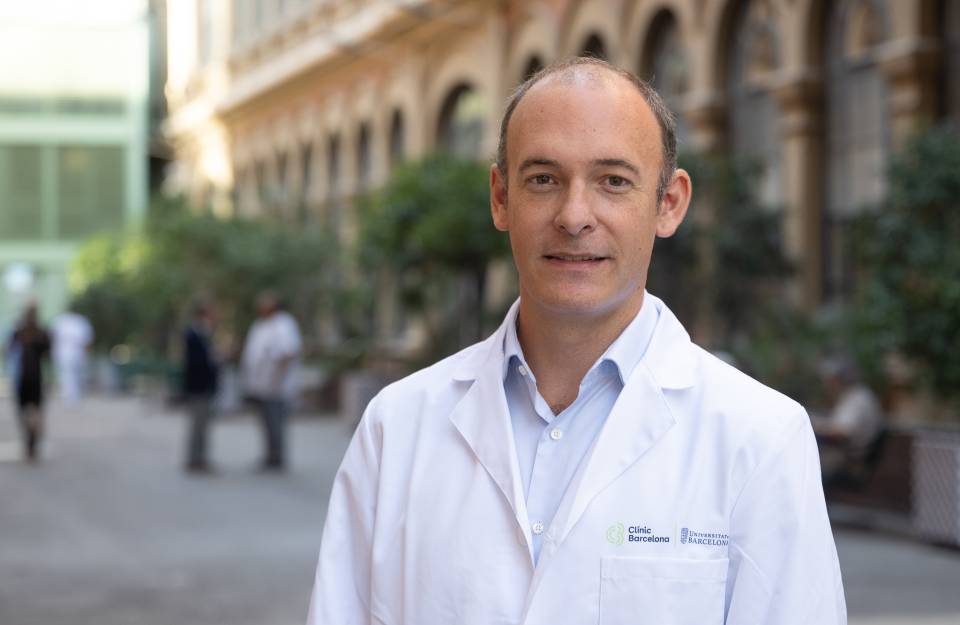CRC is a very common disease with a high mortality rate. It is estimated that around 5% of the general population will develop this kind of tumor. As in many other complex diseases, environmental factors and germ-line predisposition affect CRC susceptibility. The inherited germ-line contribution is known to influence about 35% of CRC. Finding these genetic factors is of great importance to establish prevention strategies within the families whose members have been diagnosed with the disease.
Scientists evaluated DNA samples from 43 patients with CRC belonging to 29 families with strong aggregation. To do so, they used next-generation sequencing (NGS). Thus, researchers have found 6 altered genes that may potentially predispose to develop this type of tumor that had not been associated with CRC before. These genes are involved in DNA repair and cell cycle, and a single mutation in one of them can predispose to develop the disease. Once the role of these six genes in hereditary CRC is confirmed, more complex studies are needed to help understand the molecular mechanisms of disease predisposition.
Article reference:
Esteban-Jurado C, Vila-Casadesús M, Garre P, Lozano JJ, Pristoupilova A, Beltran S, Muñoz J, Ocaña T, Balaguer F, López-Cerón M, Cuatrecasas M, Franch-Expósito S, Piqué JM, Castells A, Carracedo A, Ruiz-Ponte C, Abulí A, Bessa X, Andreu M, Bujanda L, Caldés T, Castellví-Bel S.
Genet Med. 2014 Jul 24. doi: 10.1038/gim.2014.89.




